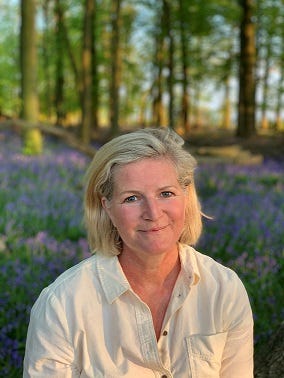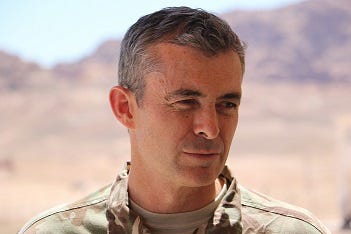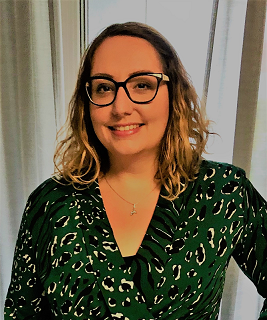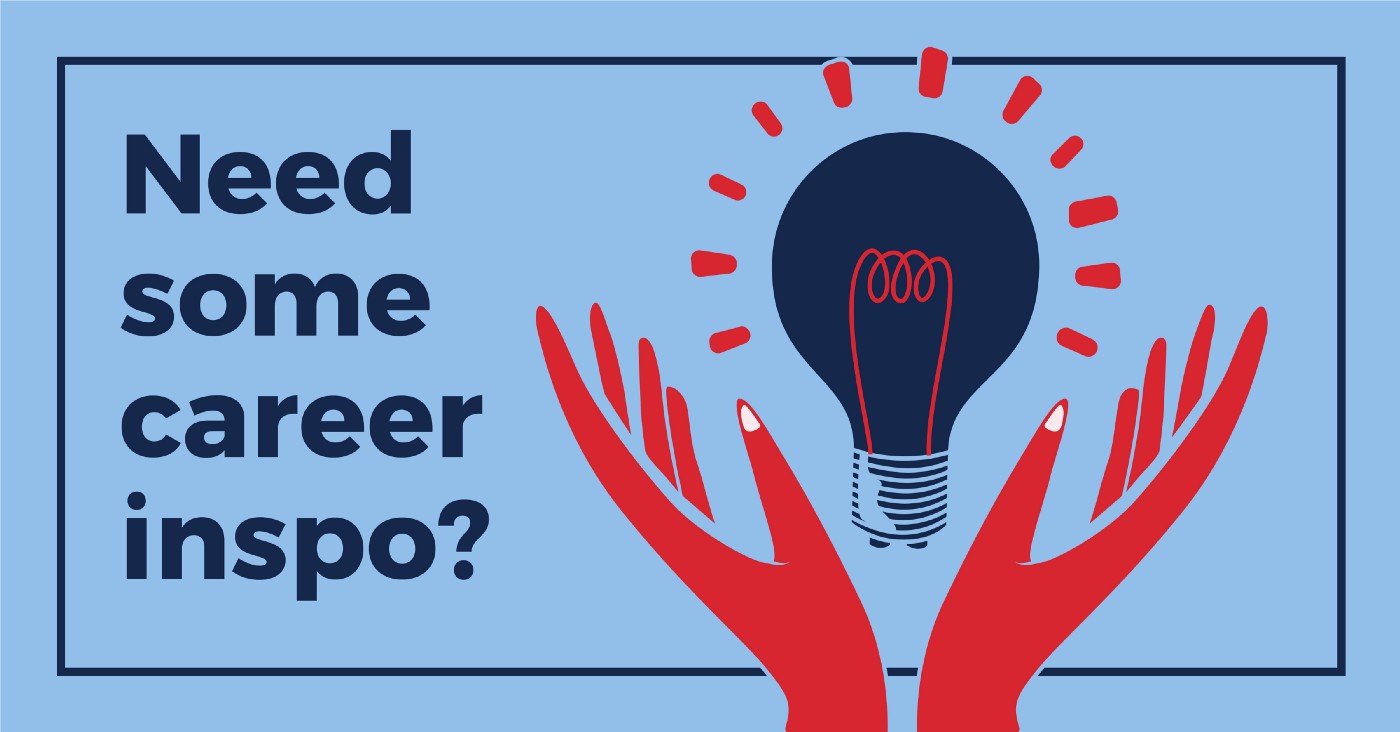We spoke to three Johnians with experience of mentoring for their personal tips on making and sustaining a great match.
Lucy Carmody (1986) studied Geography at St John’s. She is a Director of Sanur Holdings, a strategic consulting and impact investment holding company, and founded The Granary (thegranary.site), a business and marketing solutions company. She is a Trustee of It’s OK, a national charity focused on supporting young people living with mental illness. Lucy is enrolled to begin the MSc Climate Change Finance and Management at Imperial College in September.
Figure out what their drivers are — what are they trying to prove to whom and why?

What makes a good mentoring relationship in your experience?
· Try to get beneath the ‘front’ to the fears and desires which you may be able to help with
· A good personality match goes a long way, e.g. sporty types together
· Time commitment is equal on both sides — I aim for an hour every fortnight
Can you tell us a few specific ways in which being mentored benefited you?
· You feel singled out, special, as if your future matters
· It increases confidence in speaking to those in positions above yours
· It makes you realise that senior people are human and have families, worries, etc
What would you want to read in an introductory message from another Johnian seeking your help as a mentor?
· Full background
· What they want to achieve in the next year and the next 5
· Why they think I can help them
Justin Holt MBE (2010) completed an MPhil in International Relations at St John’s before returning to active service as Royal Marines Officer. He went on to serve in Libya, Jordan, Turkey and Syria before taking early retirement in 2016. With thirty years of experience in operational, diplomatic and academic roles, he was soon recalled to assist with coordinating the hurricane disaster response of 2017 in the Caribbean. Since then, Justin has been a Team Leader for the UN providing famine relief in Yemen and also facilitated the UK’s response to the Ebola emergency in the Democratic Republic of Congo. Justin is currently a security adviser for FCO & DFID while re-training to be a resilient leadership coach and mentor.
Always try to keep a cool head, a warm heart, and mix it with plenty of humour and humility

Give us your top 3 tips for establishing a successful mentoring relationship.
· Do your research and ask around before approaching a potential mentor
· Any mentoring relationship is based on trust. Implicit to this is openness, honesty and discretion between both the mentor and mentee
· Be clear about what you want help with. A mentor is not a life coach
How has working with a mentor benefited you?
I did my homework and sought out a widely respected individual as my mentor. He generously gave me a distillation of his many years of experience. This gave me the confidence to adopt a style of leadership that closely matched his: always try to keep a cool head, a warm heart, and mix it with plenty of humour and humility.
Any tips for alumni meeting their mentor/mentee for the first time on a video call?
Propose an informal agenda so that you can cover the key points of the call
Sarah Jessl (2014) studied for her PhD at St. John’s, researching novel structures for energy storage applications. She is now a lab team lead in R&D at the world’s largest chemical company BASF where she is researching materials ranging from wall paint to washing powder to glue with specialised analytical methods, as well as microplastics and their environmental impact. In addition to her full-time job she is self-employed as a trainer where she designs and delivers workshops such as intercultural trainings or application trainings for e.g. high school students. She also co-founded the social enterprise dasjungeTraining (soon to be renamed Potential42) that provides training at an affordable price with high quality to everyone, aiming for a fulfillment of the UN SDG #4: Quality education.
It made my research better, my PhD more successful and me a stronger person.

You had a mentor while working on your PhD. How did it help you?
My mentor was one of the most important people in my life. He helped me to grow and develop further by challenging my ideas constantly, pushing further, but always giving me support when needed. He never told me what to do but helped me understand how certain decisions might influence people around me, helped me gain an understanding of what, for example, my supervisor might expect and how I can meet these expectations through hard work and proper preparation. I believe it made my research better, my PhD more successful and me a stronger person.
What makes a good mentoring relationship in your experience?
It is crucial that you get along personally, take time to get to know each other and establish a relationship that is valued on both sides. Honesty and the right expectations are important as are asking the right questions and valuing each other’s input. My mentor said from the beginning, “I’ll push you, a lot sometimes, but only because I know that you can do better!”. Knowing his approach was incredibly helpful throughout our mentoring relationship.
It is also important to know that it is a two-way street, the mentor can only help to a certain extent if the mentee isn’t open to it; the mentee can only build trust and ask for help in difficult situations if the mentor is welcoming and supportive. So in the end it has to be a match not only from a professional point of view but from a personal one.
What would you want to read in an introductory message from another Johnian seeking your help as a mentor?
I’m happy for alumni who did a PhD to approach me as a mentor and would love to get a short introduction about the mentee themselves, not necessarily their academic achievements alone but more a focus on the type of person they are, their expectations for the mentoring and their goals.
Any tips for alumni meeting their mentor/mentee for the first time on a video call?
I believe it’s important to have a video call rather than a standard call, as so much more is conveyed when you can see each other. I’d urge the mentor and mentee to introduce themselves, really listen to each other and ask questions to get to know each other better. This is important for a basis to build on later. Discussing goals and expectations would also be good as part of the first chat.
Join Johnian Hub to connect with alumni looking for a mentor or mentee. Sarah, Justin and Lucy are all on Johnian Hub and happy to be contacted by other alumni through the platform.
The Development Office would be pleased to hear your experiences of mentoring within the Johnian community. Write to us on development@joh.cam.ac.uk
